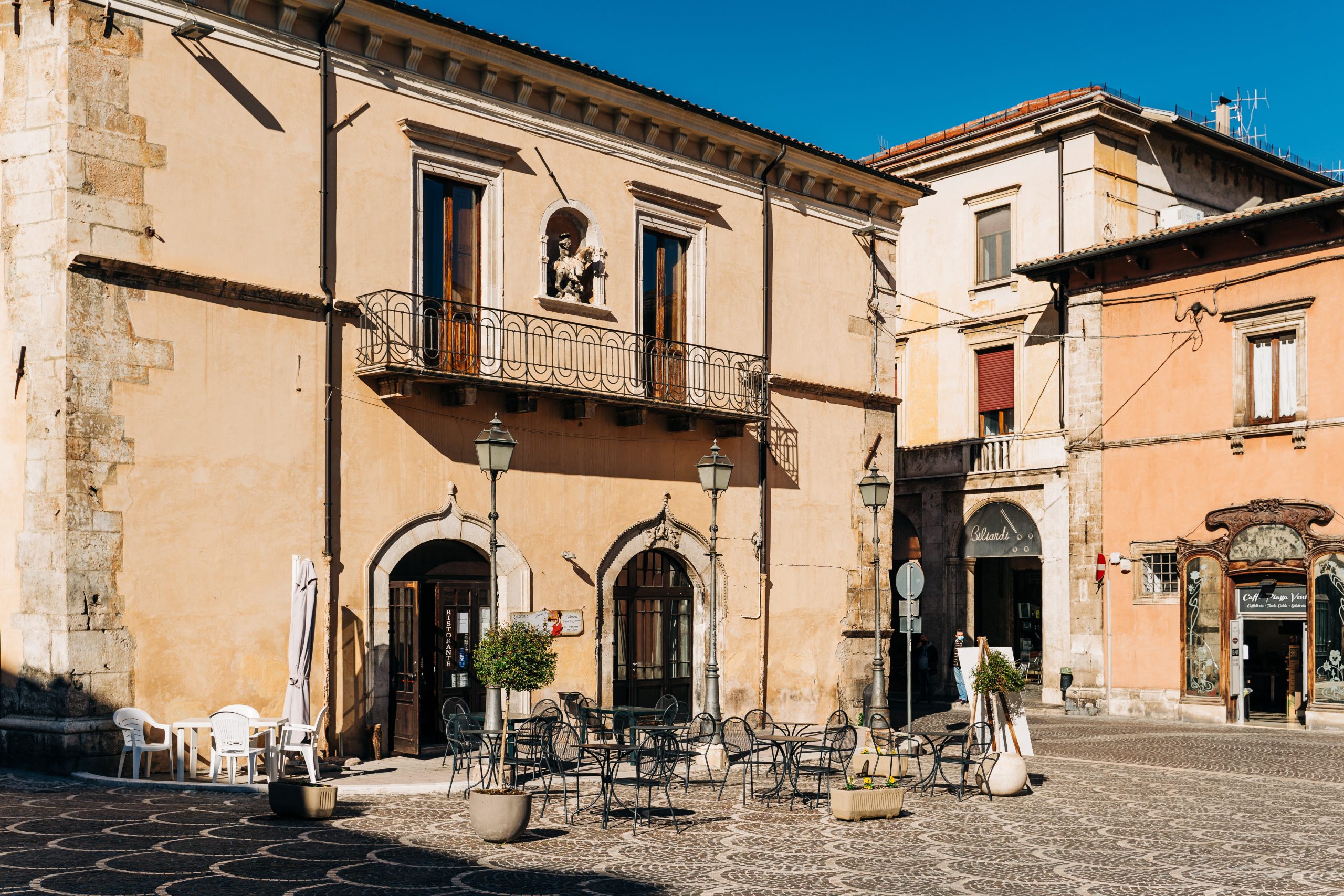What’s a ‘comparative’ in Italian?
The Italian comparatives express how to say more then, less than, the same as.
We call this comparativo di maggioranza:
- La casa di Maria è più grande di quella di Lucia – Maria’s house is bigger than Lucia’s
We call this comparativo di minoranza:
- La casa di Lucia è meno grande di quella di Maria – Lucia’s house is less big than Maria’s
We call this comparativo di uguaglianza:
- La casa di Maria è tanto grande come quella di Lisa – Lucia’s house is as big as Maria’s
In today’s post, I will focus on the use of the term of comparison ‘than‘, which in Italian can take two different forms: di or che.
What does it mean?
It means that there are two ways to say ‘more than‘ in Italian:
- più … di, or
- più …che
and there two ways to say less than in Italian:
- meno … di, or
- meno … che
So, how do you know whether the term of comparison you need to use is “che” or “di”?
You need to follow these rules…
When to use ‘di’
We use “di” when we compare two different entities, or, in other words, two different things or people:
| Italian | English | Comparison |
|---|---|---|
| Milano è più cara di Venezia | Milan is more expensive than Venice | Milan/Venice |
| Luisa è meno alta di Carlo | Luisa is less tall than Carlo | Luisa/Carlo |
| La cucina italiana è migliore della cucina tedesca | Italian food is better than German food | Italian cuisine/German cuisine |
When to use ‘che’
We use “che” when describing one entity with two different adjectives, nouns, or verbs:
| Structure | Italian | English |
|---|---|---|
| Adjective + Adjective | La città è più sporca che bella. | The city is dirtier than beautiful. |
| Verb + Verb | Studiare latino è più difficile che studiare italiano. | Learning Latin is more complicated than learning Italian. |
| Noun + Noun | A Napoli ci sono più chiese che persone. | In Naples, there are more churches than people. |
| Preposition + Noun/Pronoun | Vivere a Milano è meno caro che a New York. | Living in Milan is less expensive than living in New York City. |







